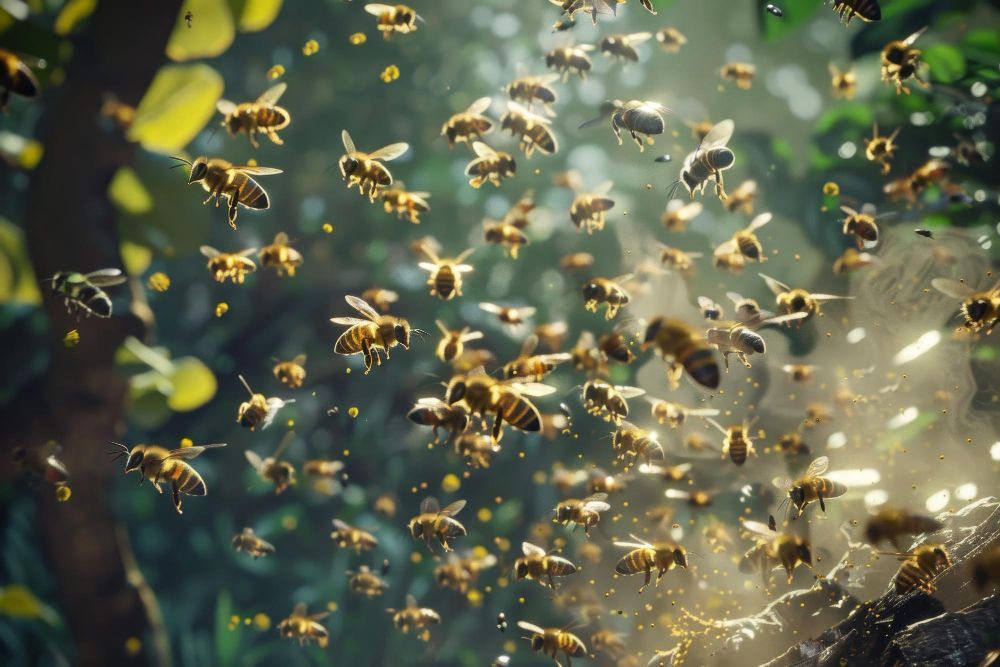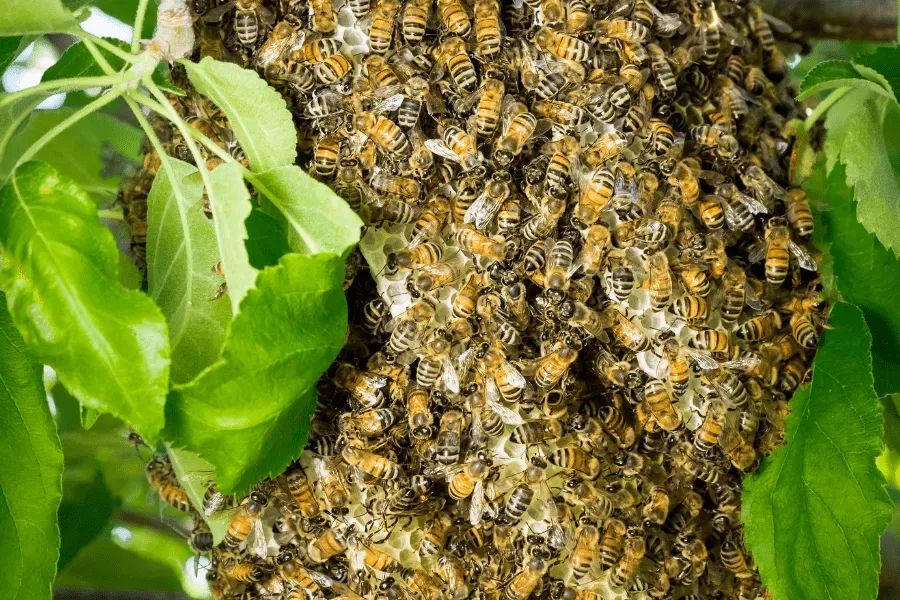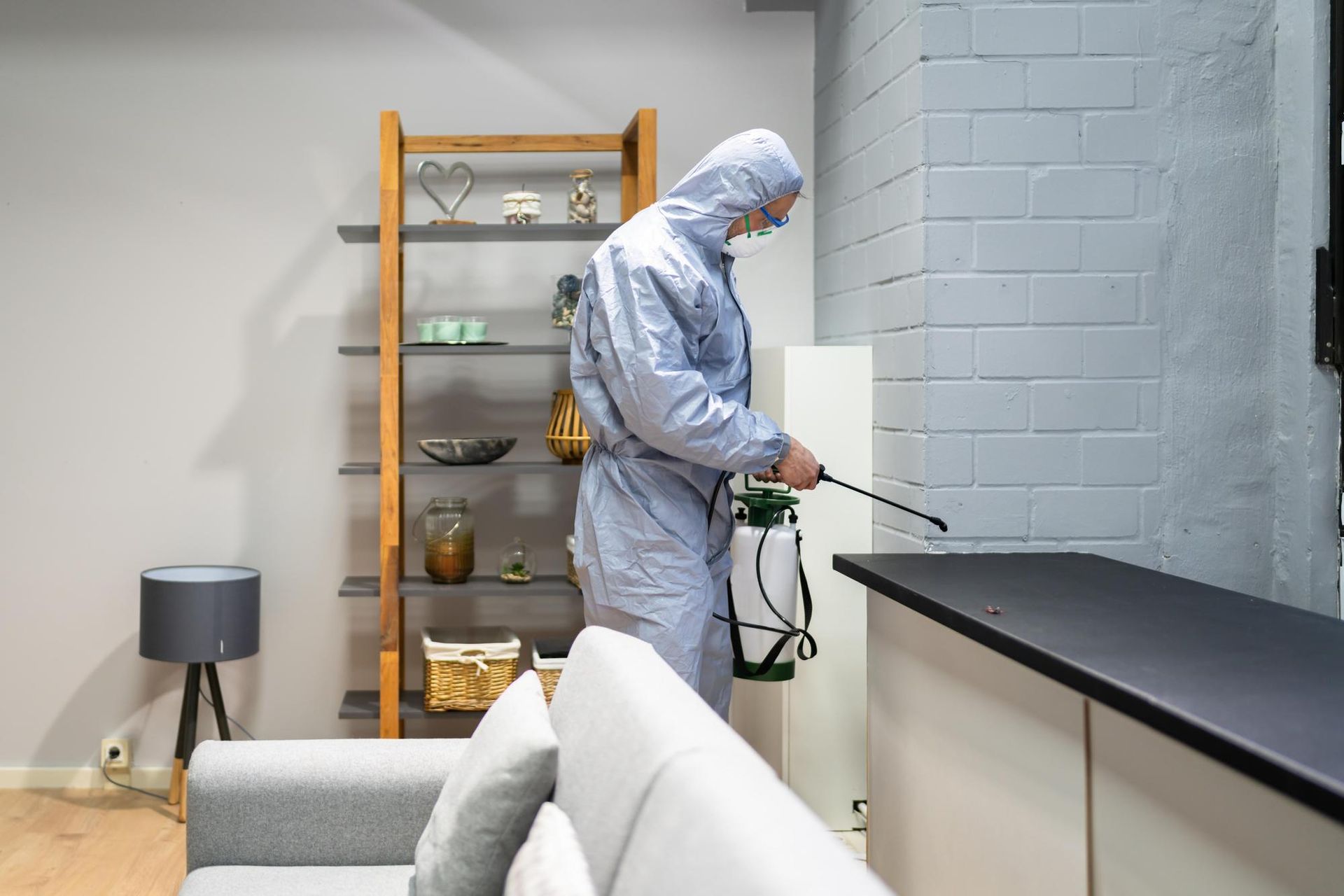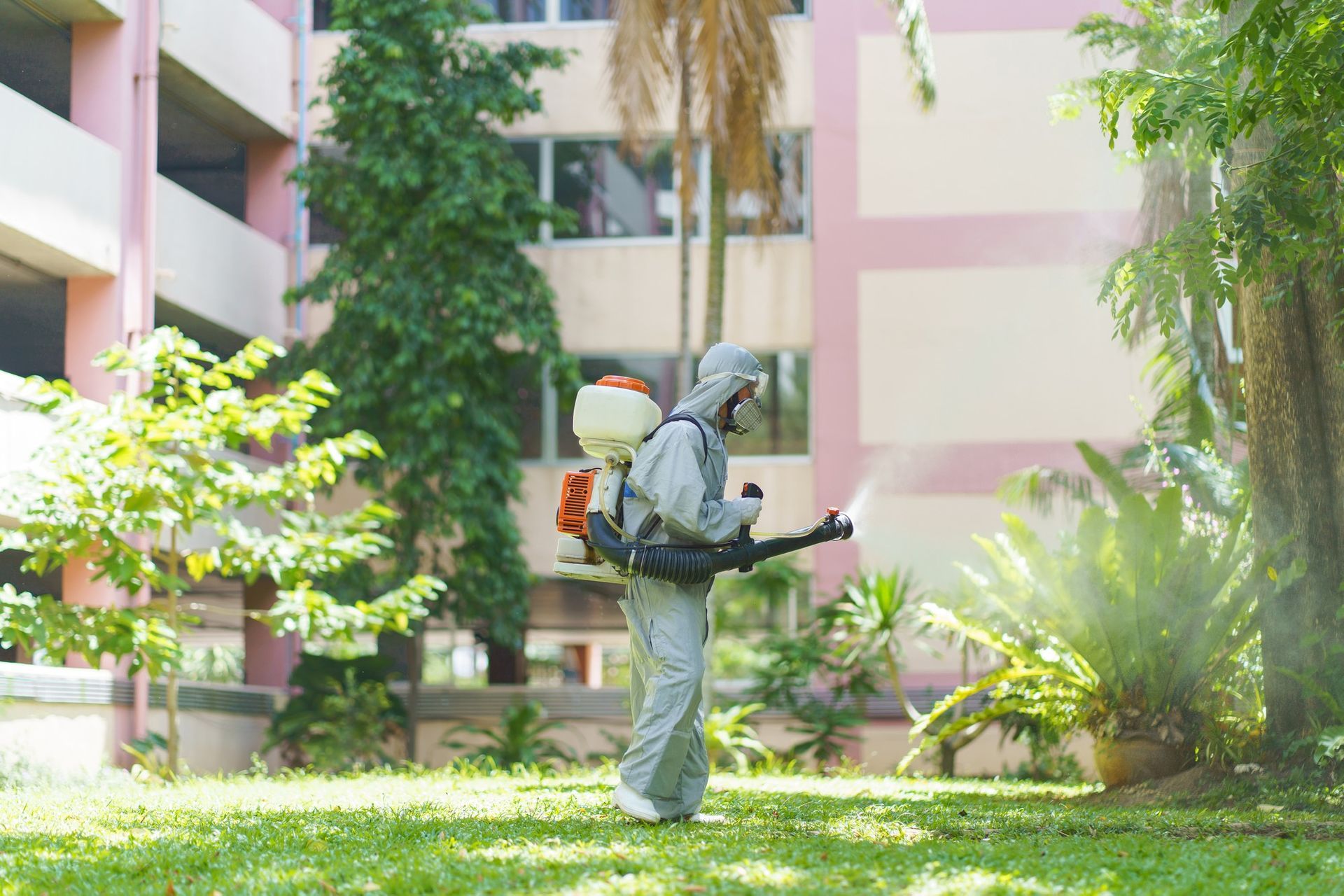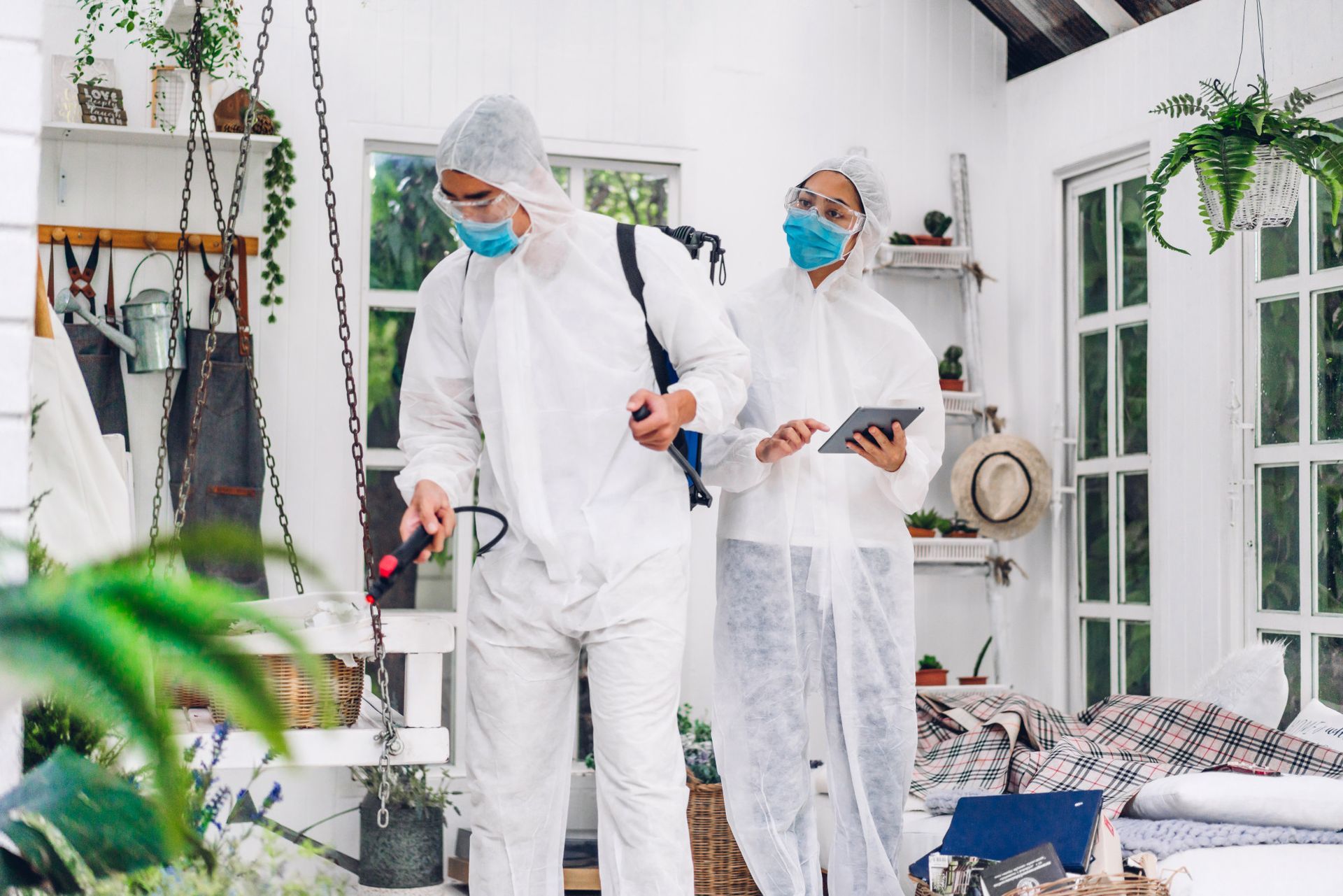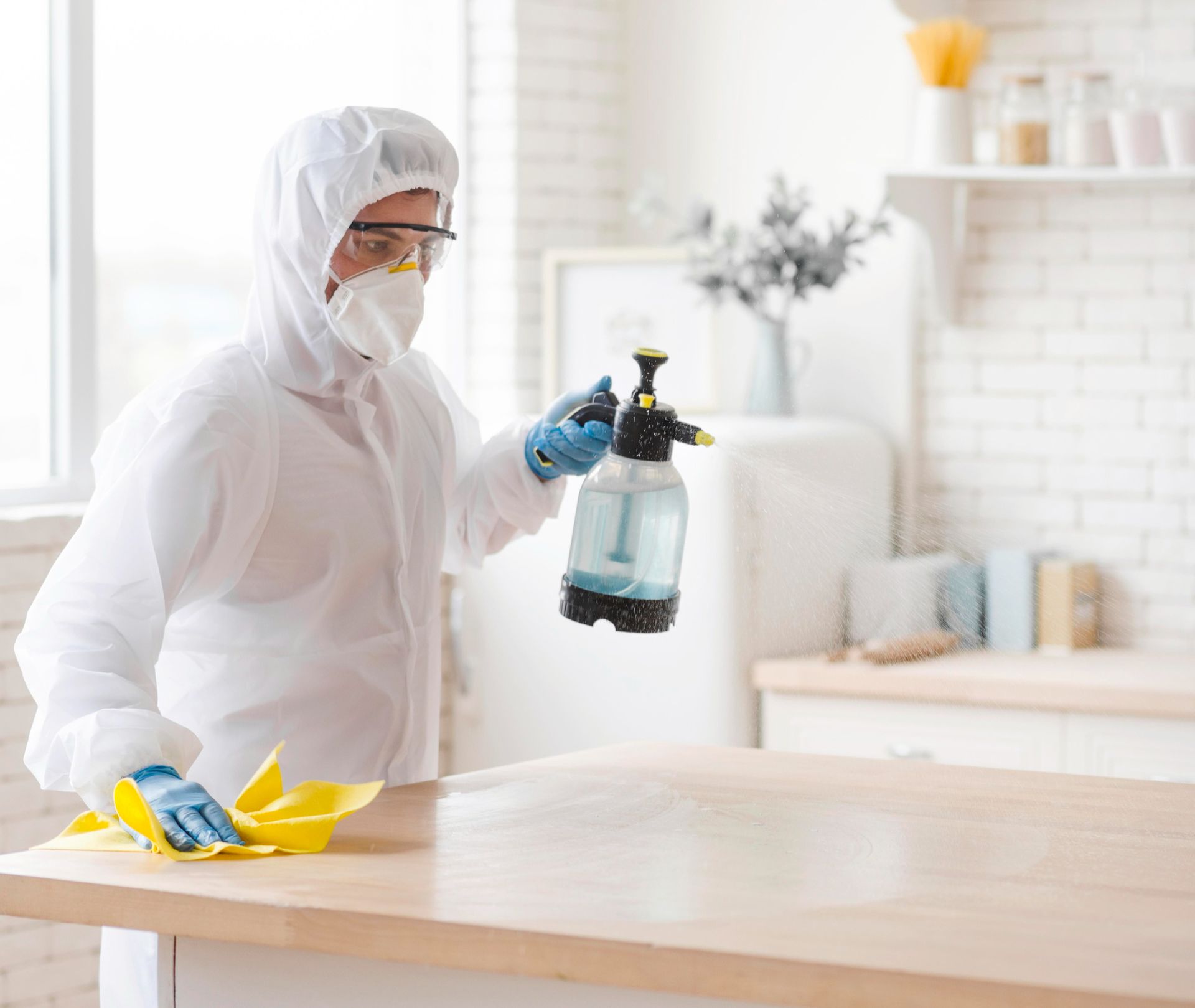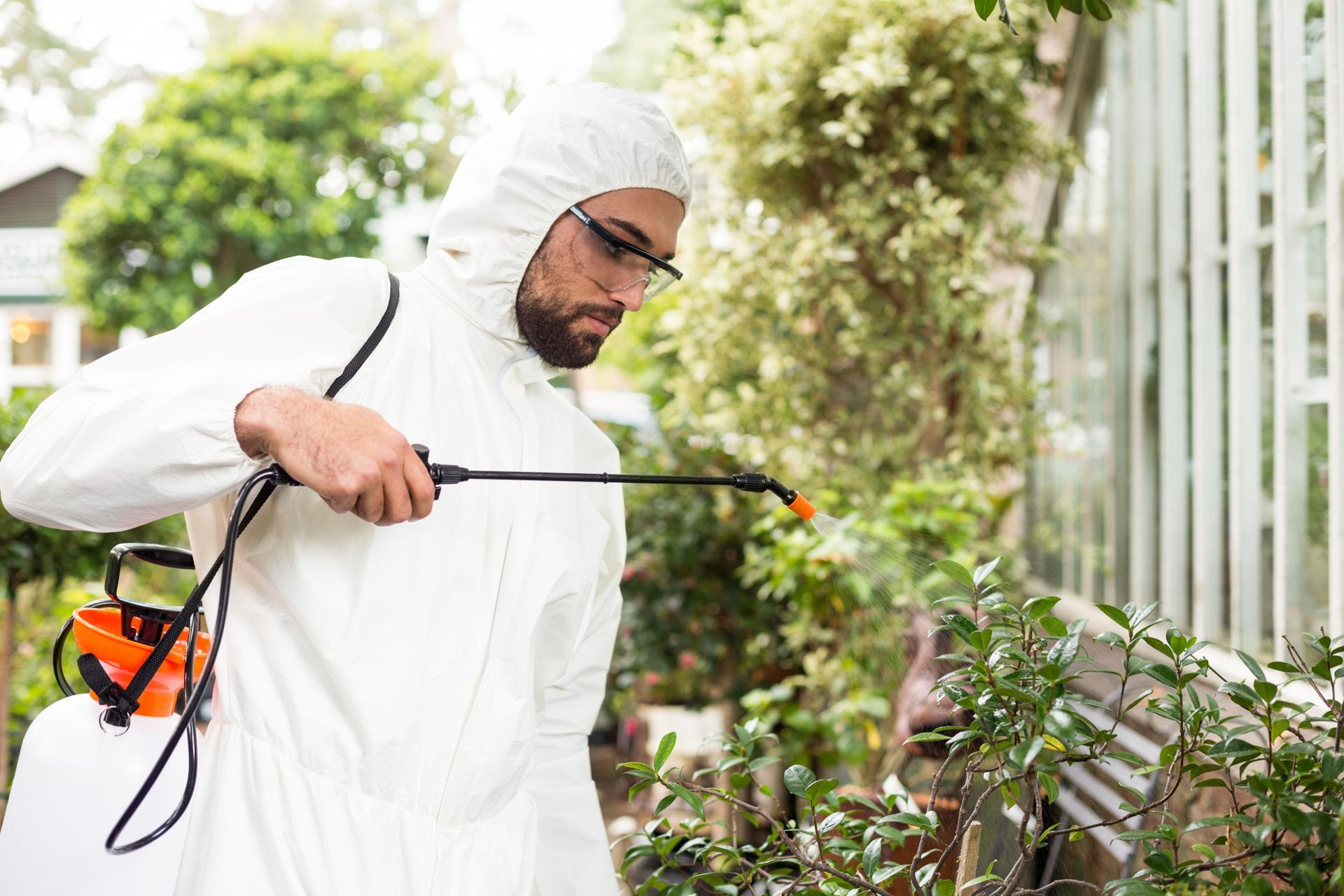10 Eco-Friendly Methods of Pest Control for Sustainable Living.
Eco-friendly methods of pest control are becoming increasingly popular as people seek sustainable solutions for their homes and communities. In this article, we'll explore ten effective strategies for managing pests while minimizing harm to the environment. By adopting these eco-friendly approaches, you can promote a healthier ecosystem and contribute to sustainable living practices.
Understanding Eco-Friendly Pest Control
When we talk about eco-friendly methods of pest control, we're referring to approaches that prioritize environmental sustainability and minimize the use of harmful chemicals. These methods aim to control pest populations while maintaining the balance of natural ecosystems. Unlike conventional pest control techniques that rely heavily on synthetic pesticides, eco-friendly methods emphasize natural and non-toxic alternatives.
One of the key principles of eco-friendly pest control is understanding the underlying causes of pest infestations. Rather than simply treating the symptoms, eco-conscious homeowners focus on addressing the root causes of pest problems. By identifying and addressing factors such as food sources, water availability, and shelter, it's possible to prevent pest infestations without resorting to chemical interventions.
10 Eco-Friendly Methods of Pest Control
Method 1: Natural Predators and Biological Control
Natural predators play a crucial role in controlling pest populations in ecosystems. For example, ladybugs are voracious consumers of aphids, while praying mantises prey on a variety of garden pests. Introducing these beneficial insects to your garden can help keep pest populations in check without the need for chemical pesticides.
Biological control involves the intentional release of natural enemies to manage pest populations. This can include parasitoids, which lay their eggs inside pest insects, ultimately killing them. Nematodes are another example of biological control agents that target soil-dwelling pests like grubs and caterpillars.
Method 2: Companion Planting and Biodiversity
Companion planting is a traditional gardening practice that involves growing different plants together to benefit one another. Some plants emit natural chemicals that repel pests, while others attract beneficial insects that prey on pests.
For example, planting marigolds alongside tomatoes can help repel nematodes, while attracting pollinators like bees and butterflies. Similarly, growing aromatic herbs such as basil and mint can deter pests like aphids and whiteflies.
Biodiversity is also key to maintaining a healthy ecosystem. By cultivating a diverse range of plant species in your garden, you can create natural barriers against pests and reduce the likelihood of infestations.
Method 3: Mechanical Barriers and Exclusion Techniques
Method 4: Traps and Pheromone-Based Control
Traps are devices designed to capture and eliminate pests without the use of chemicals. There are many types of traps available, including sticky traps, bait traps, and live traps. Some traps are species-specific, targeting particular pests like fruit flies or pantry moths.
Pheromones are chemical compounds that insects use to communicate with one another. Pheromone-based control involves using synthetic versions of these compounds to disrupt mating patterns and lure pests into traps. For example, traps baited with pheromones can attract male insects, preventing them from reproducing and reducing overall pest populations.
Method 5: DIY Organic Sprays and Repellents
DIY organic sprays and repellents are effective alternatives to chemical pesticides. These homemade concoctions typically use natural ingredients like garlic, chili peppers, and soap to deter pests and protect plants.
Garlic spray, for example, is known for its insect-repelling properties and can be made by blending garlic cloves with water and straining the mixture before spraying it on plants. Similarly, a mixture of chili peppers and soap can create a potent insecticide that disrupts pest behavior without harming beneficial insects.
By incorporating these eco-friendly pest control methods into your gardening routine, you can effectively manage pest populations while promoting a healthy and sustainable ecosystem. Whether you're battling aphids in the backyard or pantry moths in the kitchen, there's a natural solution waiting to be discovered.
Method 6: Neem Oil and Other Plant-Based Solutions
Neem oil is derived from the seeds of the neem tree (Azadirachta indica) and has been used for centuries as a natural insecticide and fungicide. It contains compounds that disrupt the growth and development of insects, making it an effective tool for controlling a wide range of pests, including aphids, whiteflies, and beetles.
In addition to neem oil, there are other plant-based solutions that can be used for pest control. For example, pyrethrum, derived from the flowers of certain species of chrysanthemums, is a natural insecticide that quickly paralyzes and kills insects upon contact. Similarly, diatomaceous earth, made from fossilized remains of marine organisms, is a non-toxic powder that damages the exoskeletons of insects, leading to dehydration and death.
Method 7: Beneficial Insects and Insectary Plants
Beneficial insects are organisms that prey on pest insects, helping to keep their populations in check. By attracting and supporting these natural enemies, gardeners can reduce the need for chemical pesticides and promote a balanced ecosystem.
Insectary plants are flowering species that provide nectar, pollen, and shelter for beneficial insects. Examples include yarrow, dill, and fennel, which attract parasitic wasps, hoverflies, and predatory beetles. By incorporating insectary plants into your garden design, you can create habitats that support a diverse community of beneficial insects.
Method 8: Essential Oils and Herbal Remedies
Essential oils have long been used for their aromatic and medicinal properties, but they can also be effective tools for pest control. Many essential oils contain compounds that repel or deter pests, making them valuable additions to natural pest management strategies.
For example, peppermint oil is known for its ability to repel ants, spiders, and rodents, while lavender oil can deter moths and fleas. Eucalyptus oil is effective against mosquitoes and other flying insects. By diluting essential oils with water and applying them to affected areas, you can create natural repellents that are safe for people, pets, and the environment.
Method 9: Physical Removal and Sanitation Practices
Physical removal involves manually removing pests from plants or structures using non-toxic methods. This can include hand-picking insects, vacuuming up pests, or using sticky traps to capture crawling insects.
Sanitation practices involve eliminating sources of food, water, and shelter that attract pests to your home or garden. This can include storing food in airtight containers, repairing leaky faucets, and removing debris and clutter from outdoor spaces. By denying pests access to resources, you can make your environment less hospitable and reduce the likelihood of infestations.
Method 10: Integrated Pest Management (IPM) Strategies
Integrated Pest Management (IPM) is a holistic approach to pest control that combines multiple strategies to minimize environmental impact and maximize effectiveness. The goal of IPM is not to eliminate pests entirely but to manage populations at tolerable levels while minimizing harm to non-target organisms.
Key components of IPM include monitoring pest populations, identifying pest species and their life cycles, implementing preventive measures, and using a combination of biological, cultural, mechanical, and chemical controls as needed. By integrating these strategies into a comprehensive pest management plan, homeowners and growers can achieve long-term, sustainable solutions to
pest problems.
By implementing these eco-friendly pest control methods, you can effectively manage pest populations while minimizing harm to the environment and promoting a healthy and sustainable ecosystem. Whether you're dealing with aphids in the garden or ants in the kitchen, there are natural solutions available to help you maintain a
pest-free environment.
Practical Application and Implementation
Incorporating eco-friendly pest control methods into your daily life doesn't have to be difficult. Simple changes, such as practicing proper sanitation, maintaining healthy soil, and encouraging biodiversity, can make a big difference in pest management. Start by assessing your home and garden for potential pest attractants and implementing preventive measures to reduce the risk of infestations.
Transitioning from conventional
pest control methods to eco-friendly alternatives may require a shift in mindset and habits. It's important to educate yourself about the environmental and health impacts of chemical pesticides and explore safer alternatives. By taking small steps towards sustainability, you can create a healthier environment for yourself, your family, and future generations.
Case Studies and Success Stories
Across the globe, individuals and communities are embracing eco-friendly pest control practices with remarkable results. From urban gardens to rural farmlands, there are countless examples of successful initiatives that prioritize environmental stewardship and biodiversity conservation. By sharing these success stories, we can inspire others to join the movement towards sustainable living.
Conclusion
In conclusion, eco-friendly methods of pest control offer a safe and effective alternative to conventional pesticides. By harnessing the power of nature and adopting sustainable practices, we can protect our homes, gardens, and ecosystems from harmful pests while safeguarding the planet for future generations. Whether you're a seasoned gardener or a beginner, there are plenty of eco-friendly options available to help you manage pests in a responsible and environmentally conscious manner.
For those in Carrizo Springs, TX, Longs Pest Control stands out as a premier service provider committed to eco-friendly practices. With their expertise and dedication to sustainability, Longs Pest Control (Phone:
(830) 876-5544) offers effective solutions tailored to your pest control needs. Let's work together with Longs Pest Control to create a greener, healthier world for all.

